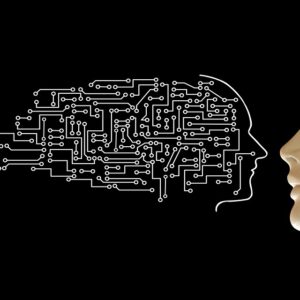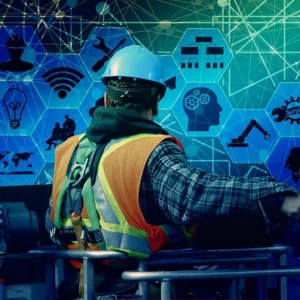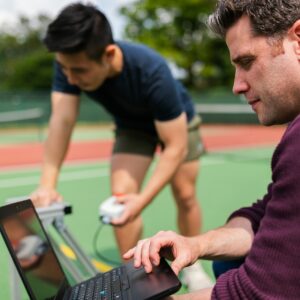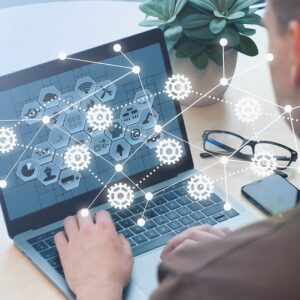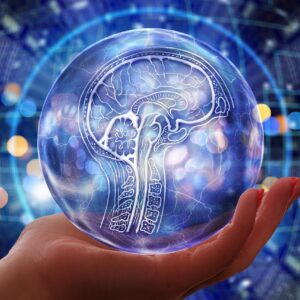As you might have guessed, there are a lot of different opinions on this question. Some people believe that robots will never replace humans in the workplace, while others think robots will take over every job on Earth. There are also people who think that robots will only be able to do some jobs better than humans and not all of them.
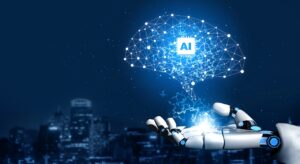
Some people fear that the rise of machines will lead to a robot takeover of jobs.
While many think this fear is unfounded, it’s not entirely without merit. The fact is that robots can do some things better than humans—and it’s only a matter of time before they replace us in more fields than just those where performance matters (i.e., surgeons). In fact, one 2017 study found that 38% of all jobs in the US are at risk for automation within 20 years.
In the 1950s, the British mathematician Alan Turing developed what is now known as the Turing test. It’s a procedure for evaluating whether or not a computer has achieved intelligence. To pass the test, according to philosopher John Searle, you must do something no machine can do: “think.”
A true AI would be able to pass for human in a conversation.
Alan Turing proposed that a true AI would be able to pass for human in a conversation. This has been turned into an annual competition called the Loebner Prize, which aims to find programs capable of tricking judges into believing they are not computer programs.
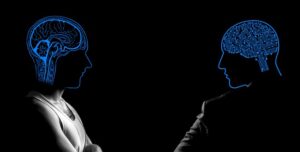
Expert concerns
Numerous experts have expressed concerns about future developments in AI. These include Stephen Hawking, Elon Musk and Bill Gates.
In fact, Hawking referred to AI as “the most dangerous thing we could possibly do” because he believes it could lead to the end of human life on Earth should it become self-aware without any safeguards in place.
Experts like these three are warning us not to be complacent when it comes to artificial intelligence advancements because they believe there’s a chance that if we don’t take measures now, everything we know could change forever – with potentially devastating consequences.
Some people believe there’s no reason to fear AI because it can’t have any effect on us if we don’t program it to harm humans or destroy our civilization. But others say that even though we may not be able to predict exactly what will happen when machines become smarter than humans, we should be cautious anyway because things could go wrong and cause catastrophic damage to society as we know it.

